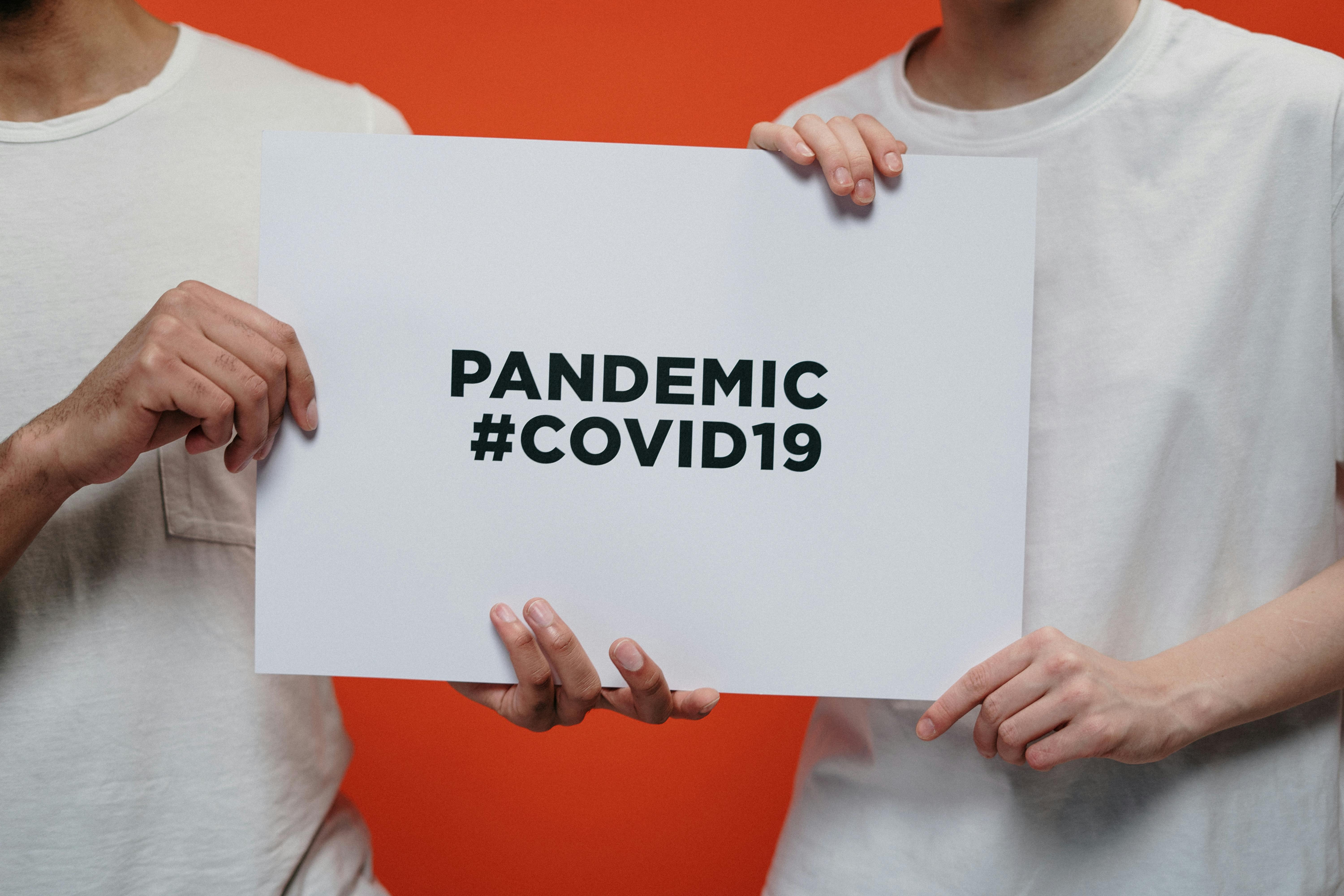Party Hard, Poop Harder: How Your Gut Reacts to Alcohol and Late-Night Snacks
We’ve all been there: a night of partying filled with cocktails, greasy burgers, and late-night snacks followed by an unpleasant morning on the toilet. But what exactly happens to your digestive system after a night of binge drinking and indulging in junk food? In this article, we’ll explore how alcohol and late-night snacks wreak havoc on your gut health, why your poop changes, and what you can do to bounce back quickly.

The Gut's Response to Alcohol
Alcohol is a known irritant to the digestive system. When you drink, it irritates the stomach lining, increasing acid production and causing inflammation. This can lead to nausea, heartburn, or even vomiting during or after drinking. Once alcohol reaches the intestines, it speeds up gut motility, meaning food and liquids pass through your digestive system more quickly than usual. This rapid transit often prevents water from being absorbed properly, resulting in loose stools or diarrhea.
Alcohol also disrupts your gut microbiome, the community of bacteria that helps regulate digestion. A night of heavy drinking can kill off beneficial gut bacteria, allowing harmful bacteria to take over, which may lead to bloating, gas, and foul-smelling stools.
How Late-Night Junk Food Impacts Digestion
Pairing alcohol with greasy, calorie-dense snacks like pizza, burgers, or fries compounds the damage to your digestive system. Greasy foods take longer to digest, sitting in your stomach and causing bloating or discomfort. Combined with alcohol, which speeds up intestinal transit, this can create a perfect storm of indigestion and erratic bowel movements.
- Greasy Foods: High-fat foods slow gastric emptying, potentially leading to nausea and bloating.
- Sugary Snacks: Sugar-laden treats can feed harmful gut bacteria, exacerbating bloating and gas.
- Spicy Foods: Combined with alcohol, spicy snacks can irritate the gut lining, causing cramping or diarrhea.
While these indulgences are delicious in the moment, they can leave your gut struggling to keep up the next day.
Why Your Poop Changes After Partying
- Diarrhea: Alcohol accelerates gut motility, preventing water absorption and leading to loose stools.
- Strange Colors: Brightly colored cocktails or artificially dyed snacks can temporarily alter stool color.
- Odor: Disrupted gut bacteria and fermentation from alcohol can make poop smell more intense.
These changes are typically temporary but serve as a reminder of how much partying can disrupt your gut’s natural rhythm.
Tips to Recover Your Gut After a Night Out
- Hydrate: Alcohol dehydrates your body, so drink plenty of water or electrolyte-rich beverages to replenish lost fluids.
- Eat a Balanced Breakfast: Start the next day with a gut-friendly meal, like oatmeal with bananas or yogurt with probiotics.
- Take Probiotics: Support your gut microbiome with probiotic supplements or fermented foods like kimchi or kefir.
- Avoid More Junk: Give your digestive system a break by sticking to simple, whole foods for a day or two.
- Rest: Allow your body time to recover by getting adequate sleep and avoiding strenuous activity.
By following these tips, you can help your gut recover more quickly and avoid prolonged discomfort.
When to Seek Medical Advice
While occasional digestive issues after partying are normal, severe or persistent symptoms like vomiting, diarrhea lasting more than 48 hours, or blood in your stool should prompt a visit to your healthcare provider. These could indicate a more serious problem, such as alcohol poisoning or foodborne illness.
The Bottom Line
A night of partying may be fun, but it comes at a cost to your digestive system. Alcohol, combined with heavy, greasy snacks, can wreak havoc on your gut health, leaving you with diarrhea, bloating, or unpleasant poop changes the next day. By staying hydrated, eating mindfully, and supporting your gut with probiotics and rest, you can minimize the fallout and get back to feeling your best. Remember, moderation is key—not just for your gut but for your overall health.
References for the Curious Minds
- Bode, C., & Bode, J.C. (2003). Alcohol’s Role in Gastrointestinal Disorders. Alcohol Research & Health, 27(2), 138-150.
- Varela, C., et al. (2018). Impact of Alcohol Consumption on Gut Microbiota. Clinical Gastroenterology, 32(4), 231–245.


